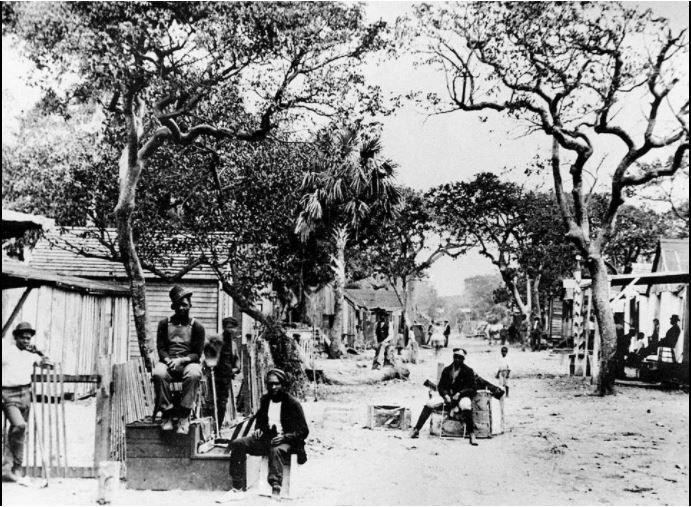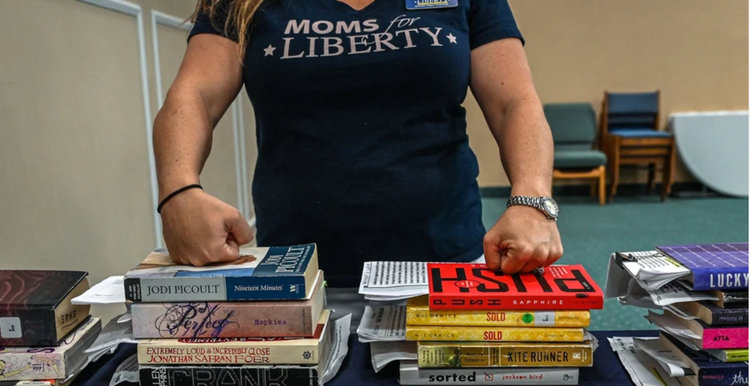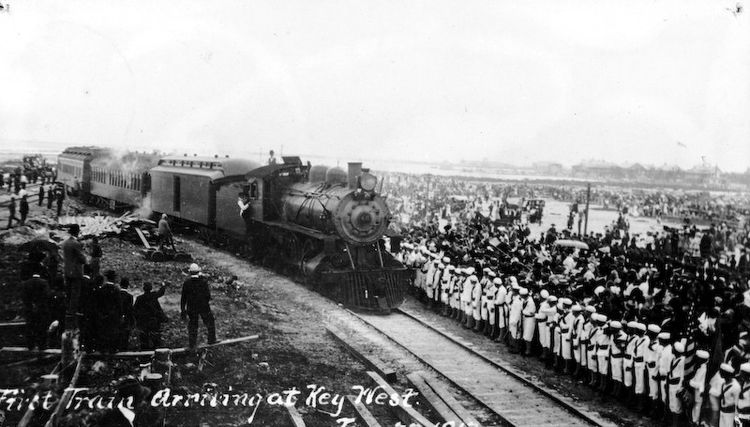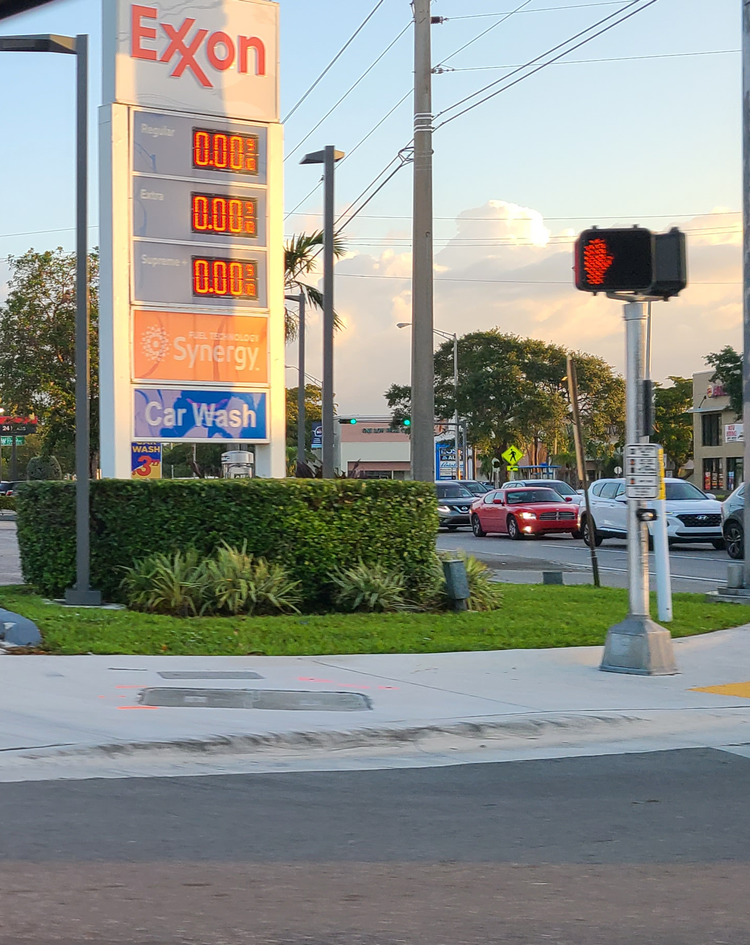Week of April 9 to April 15

Florida News Recap
I noted twice last week that I left Substack because it not only doesn’t do enough to stop anti-trans hate speech from spreading on its platform, but it also pays some of the people who spread it to be on Substack. The same day I published this post on that topic I saw a new story that a Florida state legislator referred to people who are trans as “mutants” and “demons and imps” reminiscent of the language used by genocidal atrocities across the globe. Professor of Psychology Nick Haslam states in Confronting Humanity at its Worst, “Dehumanization not only is a prelude to (genocide) but also facilitates violent acts in the present and justifies and minimizes violence after it has been committed.” Rep Webster Barnaby, R-Deltona said Monday it's “like we have mutants living among us on planet Earth,” during the debate about taking up a bill that seeks to prevent transgender men and women from using bathrooms that don’t line up with their sex assigned at birth. Calls for his resignation ensued. It may be that the legislators are the real demons according to the Miami Herald columnist Fabiola Santiago. Santiago writes, “Barnaby’s words didn’t come out of his mouth in a vacuum; they were spoken in collusion with widespread anti-gay momentum, made acceptable by the state’s elected GOP officials.”
In the piece linked above on anti-trans pre-genocidal rhetoric, one of the anti-gay, anti-trans tactics the Florida GOP uses is banning books (it should be noted Missouri moved to defund public libraries altogether this week). Research shows that book bans are “just bad” and leave young adults unprepared for the real world. According to Professor Marilisa Jimenez Garcia, writing for The Atlantic about a Texas ban on a graphic novel about the Holocaust called Maus, says, “The irony is that in banning books that make (people) uncomfortable, adults are wielding their own prejudices as a weapon, and students will suffer for it.” “The possibility of a more just future is at stake when book bans deny people access to knowledge of the past,” she adds. And yet, in Florida this week, a graphic novel about Anne Frank’s life was banned in a public high school. While Florida Republicans target the LGBTQ+ community and the history of the murder of 6 million Jews during the Holocaust, as well as unions and Black Floridians who might vote, all the while carrying on about “communism,” I will point out the opening lines of the Holocaust Encyclopedia’s entry on “Classification system in Nazi Concentration camps”:
Among the first victims of persecution in Nazi Germany were political opponents—primarily Communists, Social Democrats, and trade unionists… The Nazis harassed German male homosexuals, whose sexual orientation was considered a hindrance to the expansion of the German population. "Habitual" homosexuals were incarcerated in prisons; many were later remanded to concentration campsfollowing the completion of their sentences. The Nazis persecuted those they considered to be racially inferior. Nazi racial ideologyprimarily vilified Jews, but also propagated hatred for Roma (Gypsies) and Black people.
This week Florida House Bill 931, which some fear would “require a university to host a neo-Nazi campus speaker to counter on discussing the horrors of the Holocaust (emphasis mine),” was approved “without much discussion” and was sent to the Florida senate. As Anne Geggis leads with in her story on the topic for floridapolitics.com (an excellent news source, by the way), “The bill is one of a number this session aiming to reshape the state’s public higher education system.”
Anti-Immigrant laws are “cruel,” according to columnists for MSNBC, and “now the state is poised to pass some of the most draconian anti-immigrant bills a state has enacted in recent memory.” Orlando Sentinel wonders if the new laws will lead to the jailing of nuns, “If you want a feel for how off-the-rails Florida’s immigration debate has gone, just look at the front page of this past Sunday’s newspaper where nuns and priests worried about being imprisoned for helping the poor.”

Things have gotten so bad in Florida that LGBTQ+ civil rights organization, Equality Florida joined the Florida Immigration Coalition and the NAACP in issuing a warning about the dangers of moving to or visiting Florida. Equality Florida's email subject read in all caps, "FLORIDA MAY NOT BE A SAFE PLACE TO MOVE OR VISIT."
Though likely unconstitutional, the Florida child rape death penalty bill made headway this week. “In a 5-4 decision involving a Louisiana law in 2008, justices barred states from imposing the death penalty for the rape of a child, when the crime did not involve the child’s death.” Yet Florida lawmakers are poised to pass a law doing just that. While few crimes are more egregious than sexually assaulting a child, the vast majority of countries (more than 70% as of 2022) in the world have abolished the death penalty or stopped using it, while China, Iran, Egypt, Saudi Arabi, Syria, Somalia, Iraq, Yemen, and the United States are the only countries in the world to have executed ten or more people in 2021. What’s more, in January, DeSantis called on the legislators to change Florida law, which was set by the Supreme Court, to buck a 2017 decision that required a Florida jury to agree to execute a convict unanimously. “Maybe eight out of 12 or something,” DeSantis said. Why did the Supreme Court require this unanimity? Because no other state has convicted more innocent people and sentenced them to death than Florida: “According to the Death Penalty Information Center, 30 prisoners have been exonerated while on death row in Florida – more than in any other US state.”
The 8-4 death penalty bill was sent to DeSantis's desk for signing on Thursday.
The Washington Post Editorial Board, which, contrary to the opinion of some, is no bastion of liberals, opened an editorial on Thursday thusly:
“Florida Gov. Ron DeSantis (R) describes his state as “a citadel of freedom,” “freedom’s linchpin” and “freedom’s vanguard.” He titled his memoir “The Courage to Be Free” and called his budget a “Framework for Freedom.” In his State of the State address last month, he said: “We find ourselves in Florida on the front lines in the battle for freedom.” The ongoing 60-day state legislative session in Tallahassee, which Mr. DeSantis is treating as a springboard to announce a presidential bid, shows the hollowness of his rhetoric.”
A few hours after the Post’s opinion piece was published the Florida legislature sent its six-week abortion ban to DeSantis’ desk, which he signed in the middle of the night, apparently uncharacteristically afraid to use it as a political stunt for fear of backlash. As historian Lauren MacIvor Thompson showed in a piece for the Post on Wednesday, even in the widely criticized at the time campaign to force morality on post-Civil War America that gave us the Comstock Laws that a Texas judge used to ban the drug mifepristone, most legislators in 1873 thought that abortion was an issue between a doctor and his patient.
This took place while Ft. Lauderdale was a “new ocean,” unable for two days to have planes take off or land from its major international airport, and the Governor was off campaigning—illegally according to Florida law—for President of the United States. “Governor DeSantis has not yet called,” Ft. Lauderdale Mayor Dean Trantalis responded when asked by a reporter if he had spoken with the Florida governor about the disaster.
Earlier in this week’s post I linked to a column that appeared The Guardian on Wednesday by “Sam Levine in Jacksonville,” “How Ron DeSantis waged a targeted assault on Black voters: ‘I fear for what’s to come.’” I want to end this week’s news recap by highlighting that important piece and conclude with the words of The President of the Florida chapter of the nonpartisan League of Women Voters, Cecile Scoon, that conclude that story, “We are not in the land of the free anymore in the state of Florida.”
Living In South Florida

Something I feel like too many of us in Florida try to ignore is how tenuous our relationship with nature is here. I have a pool, as many people do, in the backyard. It is only five feet deep. Why? Because the water table is at about seven feet when things are nice. Wednesday, things were not nice. Though we should be careful to avoid confusing weather with climate, there is no question the water table here is rising gradually, and that makes it harder for the land to absorb the rain. This is one reason why we in Florida have the highest homeowners’ insurance rates in the country. The Florida Republican Party’s solution is to make it harder to sue the insurance company when they fail to make repairs.

But this section is meant to be good stuff, too, and I’ve wanted to show pictures of the yummy treats you can enjoy with outdoor seating, especially in the winter. So here are a few of my favorites recently.


This Week in Florida History
The first train arrived in Miami on April 15, 1896

Having found the date of Flagler’s railroad arriving in Miami on floridahistorynetwork.com’s “On this day in Florida history section,” I was bemused to note that a preliminary search of Florida newspapers in 1896 yielded not one story about Flagler’s railroad reaching Miami on April 15, 1896.[1]The first story I found came from the Ocala Evening Star, in Ocala, Florida, a town about 40 miles south of Gainesville and 300 miles northwest of Miami, several months later in August. Halfway through the half-page story about the editor’s “need for a little outing,” the story finally turns to the “terminus” of the Flagler railroad, Miami, already known as the “Magic City” because, according to this story, “On the first day of last March only two families were living there. Now the town has a population of 2500.” The “two families” is likely a bit of an embellishment, as other sources note that in 1895 260 people were living in what would become Miami the following year. Still, the nickname had merit, as Miami would grow in massive spurts then, as well as during World War I, World War II, the 1960s with the Cuban Revolution, the 1980s, and again as I type this in 2023.
According to floridahistorynetwork.com, Julia Tuttle had settled in the area in the early 1890s and wanted a railroad to be built to it. So, she turned to tycoon Henry Flagler, known for his infrastructure projects, including railroads. Hesitant to waste time and money on a rail line to a swamp on a nearly unusable, shallow bay near nothing, not even to what at the time was a relatively large port city of Key West, 150 miles by ship to the southwest, Flagler refused. But historic freezes through the American Southeast in 1894 and 1895 gave Tuttle the notion to ship Flagler blossoms from her orange trees. Impressed by the agricultural potential and the untouched potential for tourism on the white beaches of South Florida, Flagler agreed, and on April 15, 1896, the first train arrived. In 1897, Flagler opened a hotel on land deeded to him by Tuttle in the deal to bring the train, and the tourism mecca of Miami was born. A little over 15 years later, his East Coast Railway would steam into Key West, hopping numerous small islands called "keys" along the way.
It may be tax day for America in 2023 (ok, technically, tax day is April 18 this year), but for Miami, April 15 is functionally the city’s birthday.

Whites expelled from West Palm Beach’s “colored town,” Pleasant City, April 9, 1921
The Miami News ran a headline in their “The Miami Metropolis” section on April 9, 1921: “Order white people out of negro town in West Palm Beach.” The previous day, West Palm Beach's chief of police evicted a white family from the “colored limits” of town and City Manager Karl Riddle refused a license to a white businessman after the mayor had told him he could have it. Black residents asked, “Why should we be barred from white town if the white people are allowed to reside within our limits and conduct businesses here?”[2] It is worth noting that this incident occurred just five months after the statewide slaughter of Black citizens who had the audacity to organize to vote in the 1920 Presidential election, known as the Ocoee Massacre—to this day, the bloodiest election day in American history. In his outstanding book Emancipation Betrayed, Paul Ortiz writes that the Black organization leading up to the 1920 election functionally created the first statewide civil rights movement in American history and white Floridians violently prevented Black citizens from voting.[3]The residents of West Palm Beach’s Colored Town, though hundreds of miles from the epicenter of raping and lynching of Black men and women voters in the 1920 election, Ocoee, would have known of the massacre if not having survived elements of it in their own community. It is also possible, if not likely, that residents of West Palm Beach County’s Colored Town were aware of the front page above the fold headline from The Miami Herald two weeks earlier “Race riot plot results from negro murders,” with an additional headline of “EXCITEMENT CAUSED,” that notes in the smallest print on the page that the alleged “uprising of negroes” was in fact a hoax. And in Georgia.[4]Racial tensions in Florida in 1921 were extraordinarily high and it is remarkable that residents of “Pleasant City,” as the area was known to the residents who had moved there when forced out of their community “in the Styx,” 20 years earlier, still had the courage to demand, if not equal treatment, that at least the area they were told they could live in, was theirs.[5]
[1] I only searched the newspapers.com database, so this isn’t exhaustive.
[2] The Miami News. “Order White People out of Negro Town in West Palm Beach.” April 9, 1921, sec. The Miami Metropolis.
[3] Ortiz, Paul. Emancipation Betrayed: The Hidden History of Black Organizing and White Violence in Florida from Reconstruction to the Bloody Election of 1920. American Crossroads 16. Berkeley: University of California Press, 2005.
[4] Associated Press. “Race Riot Plot Results from Negro Murders.” The Miami Herald, March 29, 1921.
[5] Sawtelle, Becky. “The History of Pleasant City.” WPEC, February 11, 2021. https://cbs12.com/news/local/the-history-of-pleasant-city.





